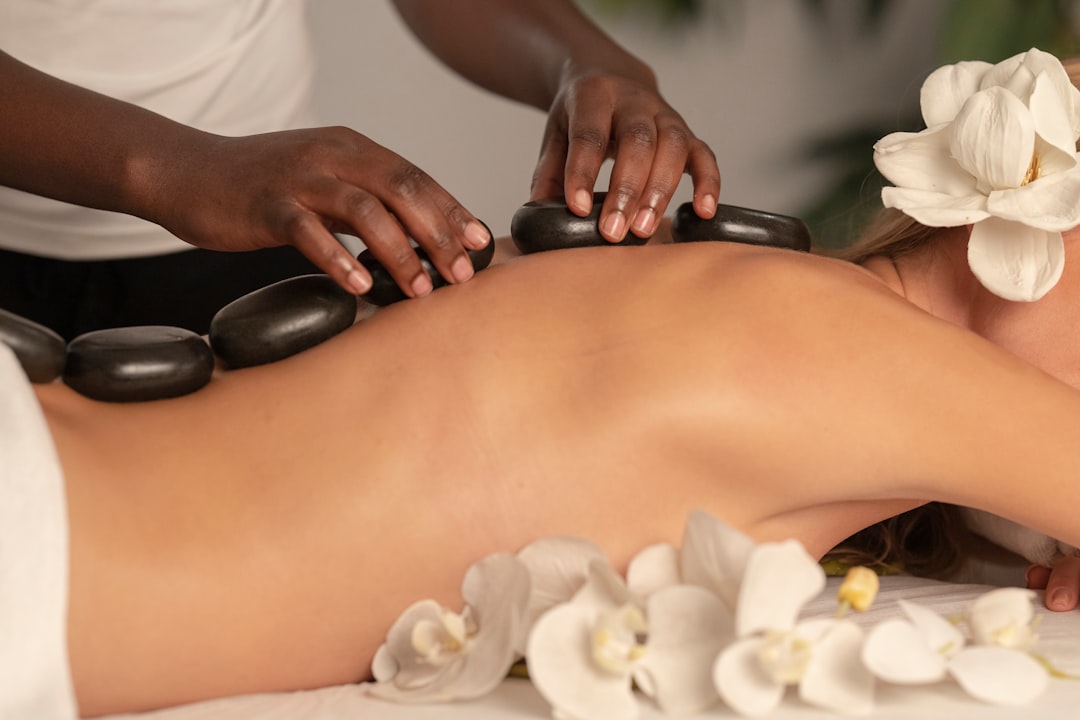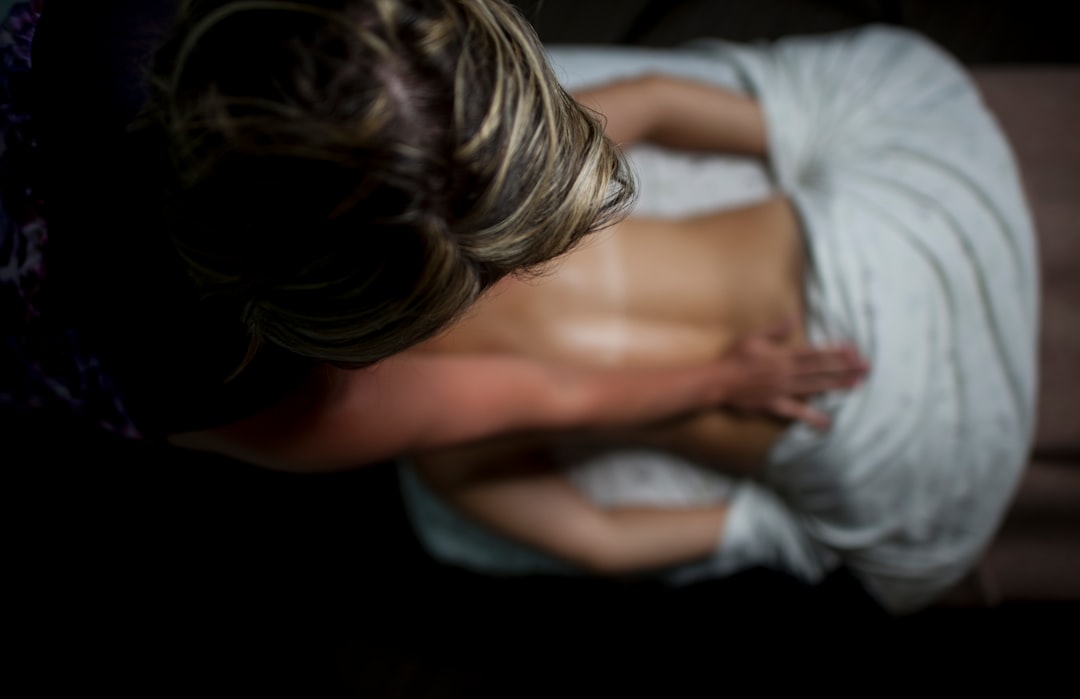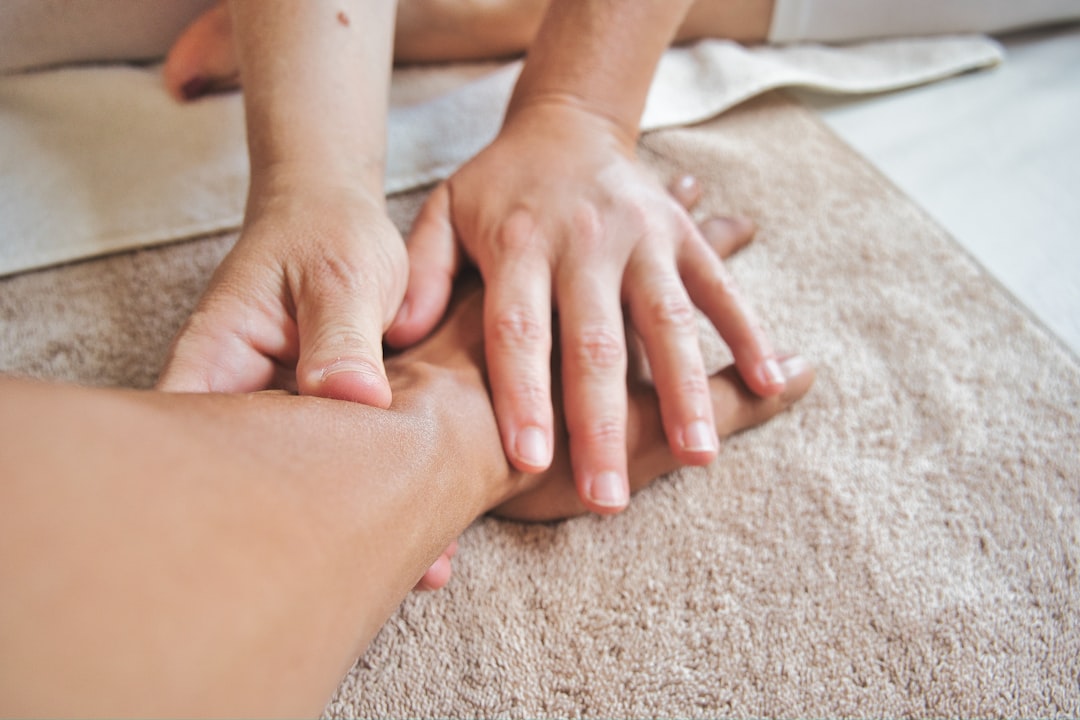Newark, NJ, has laws protecting individuals with disabilities from massage abuse, enforced by a reputable local law firm. Red flags include unusual requests and excessive physical contact. Strict licensing, background checks, and regular inspections ensure therapist safety. Advocacy groups provide legal aid and support for victims, emphasizing the importance of informed choices and client comfort.
In Newark, New Jersey, the wellness industry thrives, yet individuals with disabilities face unique risks in the pursuit of relaxation through massage services. This article delves into the critical issue of preventing abuse within this sector. We explore Newark’s massage service landscape, equip readers to identify red flags, and highlight legal protections available through a dedicated massage abuse law firm in Newark, NJ. By understanding these aspects, we advocate for enhanced safety measures to safeguard vulnerable individuals.
Understanding Newark's Massage Service Landscape

Newark, New Jersey, is a vibrant city with a diverse range of massage services catering to various needs. However, it’s essential to recognize that individuals with disabilities may face unique challenges and vulnerabilities when seeking relaxation or therapeutic relief through massages. The city’s landscape includes both licensed massage therapy clinics and independent practitioners operating out of spas, hotels, and wellness centers. While many businesses adhere to strict standards and ethical practices, there have been instances of massage abuse, particularly targeting vulnerable populations, including people with disabilities.
Understanding the local regulations is crucial for both consumers and law firms specializing in massage abuse cases. Newark has implemented laws to protect clients from abusive or non-consensual practices, ensuring that all masseuses undergo proper training and adhere to safety guidelines. By recognizing the potential risks and being aware of these regulations, individuals with disabilities can make informed choices when selecting a massage service, thereby reducing the likelihood of becoming victims of abuse.
Identifying Red Flags: Recognizing Potential Abuse

Recognizing potential abuse in Newark’s massage services for individuals with disabilities is a critical step in preventing harm. Red flags can include unusual requests or behavior from clients, such as asking for private or inappropriate interactions. If a therapist receives repeated requests for massages at odd hours or in isolated locations, it might indicate a concerning pattern.
Another sign to watch out for is the client’s insistence on maintaining a high level of physical contact beyond what is necessary for a therapeutic massage. A massage abuse law firm in Newark NJ advises that any behavior making individuals with disabilities feel uncomfortable or unsafe should be taken seriously. Therapists must stay alert and prioritize their clients’ well-being, especially when working with vulnerable populations.
Legal Protections and Advocacy for Vulnerable Individuals

In Newark, New Jersey, individuals with disabilities are protected by stringent laws aimed at preventing and addressing massage abuse within the industry. A reputable massage abuse law firm in Newark NJ is instrumental in ensuring that these vulnerable populations are safe from exploitation. Such legal protections include strict licensing requirements for massage therapists, mandatory background checks, and regular inspections to uphold professional standards. These measures aim to safeguard clients, especially those with disabilities, who may be more susceptible to abuse due to their condition.
Advocacy groups play a vital role in supporting victims of massage abuse. They provide legal aid, counseling, and resources to help individuals navigate the justice system and seek compensation for any harm they’ve endured. With the assistance of these advocacy organizations and a dedicated Newark NJ massage abuse law firm, those affected can find recourse, restore their sense of security, and hold perpetrators accountable under the law.






